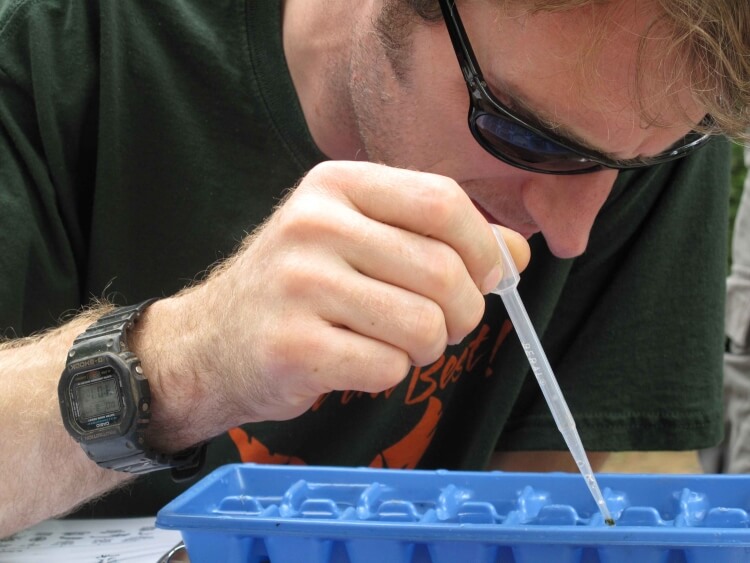3h
Cattle BMPR1A(Bone Morphogenetic Protein Receptor 1A) ELISA Kit
Cattle BMPR1A(Bone Morphogenetic Protein Receptor 1A) ELISA Kit
bone
100ng/mL
Sandwich
0.53ng/mL
1.56-100ng/mL
Signal transduction;CD & Adhesion molecule;
ELISA Enzyme-linked immunosorbent assays Code 90320007 SNOMED
E05 478 566 350 170 or Enzyme-Linked Immunosorbent Assays,E05 478 566 350 170 or Enzyme-Linked Immunosorbent Assays
CD292; ACVRLK3; ALK3; SKR5; BMPR1-A; Activin A Receptor, Type Ii-Like Kinase 3; Activin Receptor-Like Kinase 3; Serine/Threonine-Protein Kinase Receptor R5
The receptors are ligand binding factors of type 1, 2 or 3 and protein-molecules that receive chemical-signals from outside a cell. When such chemical-signals couple or bind to a receptor, they cause some form of cellular/tissue-response, e.g. a change in the electrical-activity of a cell. In this sense, am olfactory receptor is a protein-molecule that recognizes and responds to endogenous-chemical signals, chemokinesor cytokines e.g. an acetylcholine-receptor recognizes and responds to its endogenous-ligand, acetylcholine. However, sometimes in pharmacology, the term is also used to include other proteins that are drug-targets, such as enzymes, transporters and ion-channels.
The test principle applied in this kit is Sandwich enzyme immunoassay. The microtiter plate provided in this kit has been pre-coated with an antibody specific to Bone Morphogenetic Protein Receptor 1A (BMPR1A). Standards or samples are then added to the appropriate microtiter plate wells with a biotin-conjugated antibody specific to Bone Morphogenetic Protein Receptor 1A (BMPR1A). Next, Avidin conjugated to Horseradish Peroxidase (HRP) is added to each microplate well and incubated. After TMB substrate solution is added, only those wells that contain Bone Morphogenetic Protein Receptor 1A (BMPR1A), biotin-conjugated antibody and enzyme-conjugated Avidin will exhibit a change in color. The enzyme-substrate reaction is terminated by the addition of sulphuric acid solution and the color change is measured spectrophotometrically at a wavelength of 450nm ± 10nm. The concentration of Bone Morphogenetic Protein Receptor 1A (BMPR1A) in the samples is then determined by comparing the O.D. of the samples to the standard curve.
